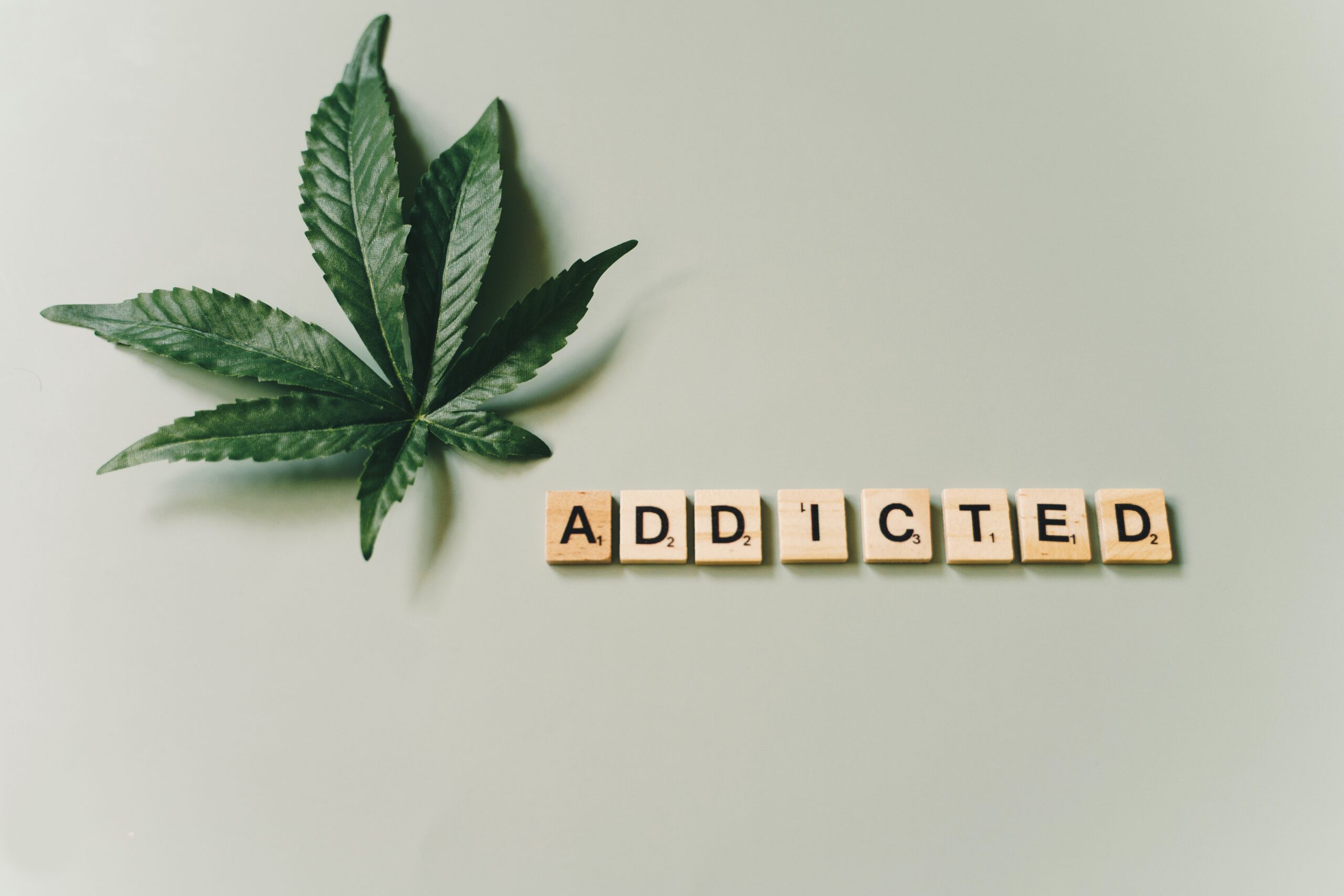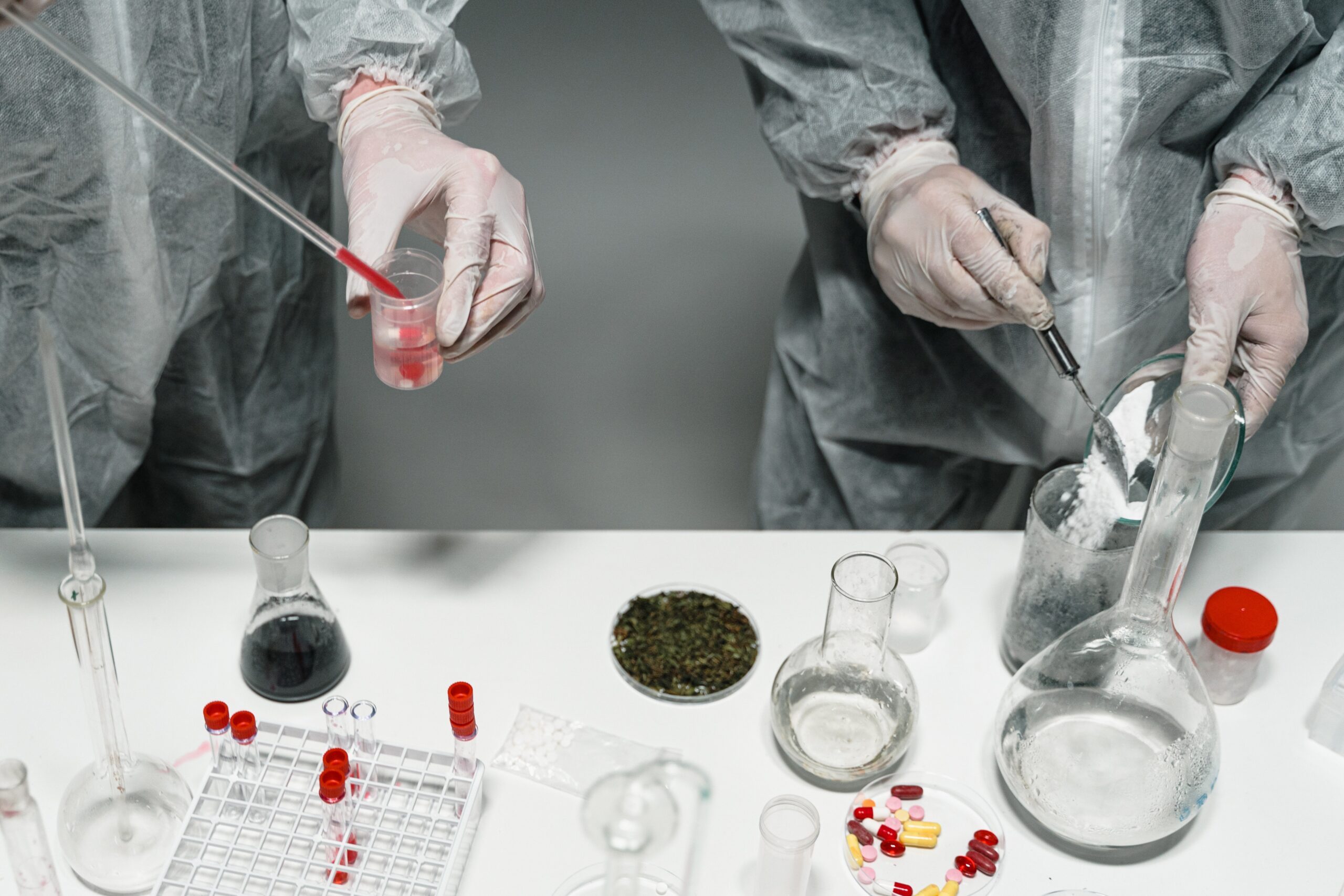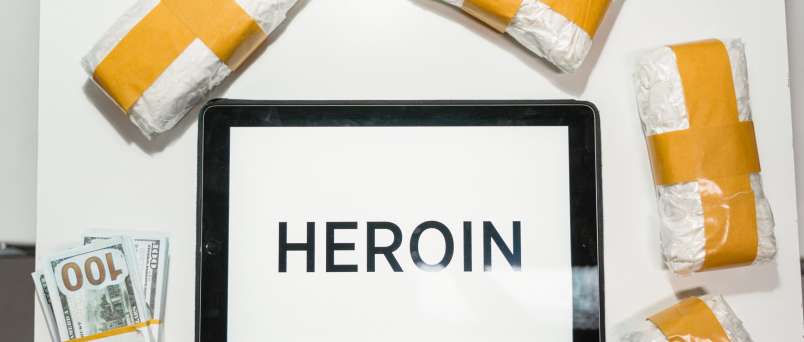Heroin: Effects, Addiction, and Withdrawal
Heroin is an addictive drug that is generated from a flower, the opium poppy, which typically grows in Mexico, South America, and Asia.
Its appearance is like a brown or white powder, or a sticky black “tar.” It’s also called smack, junk, brown sugar, and horse, among other names.
Effects of Heroin
Heroin is a CNS (central nervous system) depressant that reduces brain function. Once heroin reaches the brain, it converts into morphine, a chemical similar in composition to endorphins.
Morphine functions like endorphins and attaches to opioid receptors in brain cells in different areas, particularly in areas associated with the perception of pain and pleasure, as well as those that regulate heart rate.
It can cause an abrupt sensation of relaxation and euphoria. However, it can also result in other abrupt effects, including:
- nausea
- warm flushing of the skin
- dry mouth
- severe itching
- a heavy feeling in the extremities
- slow breathing
- vomiting
- drowsiness
- slowed heart rate
- clouded thinking

Additionally, consistent heroin use can lead to foremost lifestyle and health problems, such as:
- skin abscesses and collapsed veins
- blood poisoning or risk of infection
- higher risk of lung problems
- chronic constipation
- fertility issues, such as disturbances or impotence of the menstrual cycle
- blood vessel damage
- loss of career, relationships, and home
- lower immunity and poor nutrition
- risk of overdose
Heroin Addiction and Withdrawal
Heroin is one of the most addictive substances. Many people who use it grow a use sickness. This means it results in several health issues, trouble at home, disabilities, work, or school.
If you consume heroin a lot, your body develops a tolerance to it. It means you require taking more and more to get the desired result. Your body began to depend on it. Then, when you leave using it, you face withdrawal symptoms such as:
- Chills
- Vomiting and diarrhea
- Bone and muscle pain
- Jitters
- Trouble sleeping
- Cold flashes
- Uncontrolled leg movements
Heroin Overdose
If you see someone overdosing, take some action right away. They need drug abuse management within minutes.
The use of naloxone, a medication, can block the outcomes of a heroin overdose if it’s used instantly. It also comes in defined doses as a nasal spray (Narcan) or an auto-pen (Evzio). In some countries, you don’t need to have a doctor’s prescription to buy Narcan. You can buy it through local stores or pharmacy chains.

If a person is overdosing he may require more than one dose of naloxone and further medical assistance.
Summary
Heroin drug itself and the way individuals may use it can highly increase the risk of infectious endocarditis, cardiac arrhythmia, cardiac arrest, and heart attack.
Many people with heroin use disorder may not search for help due to fear of stigmatization or judgment. However, seeking assistance is the best way to control addiction and avoid the possibly fatal consequences of constant drug use.

